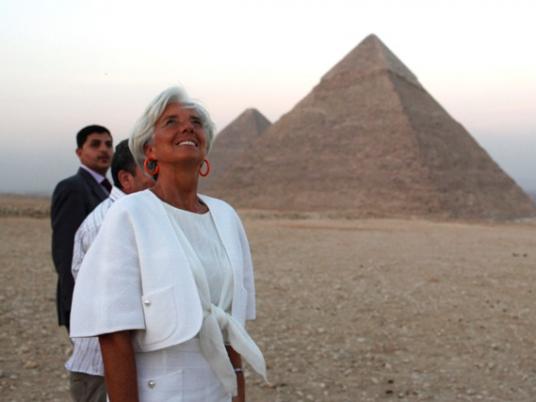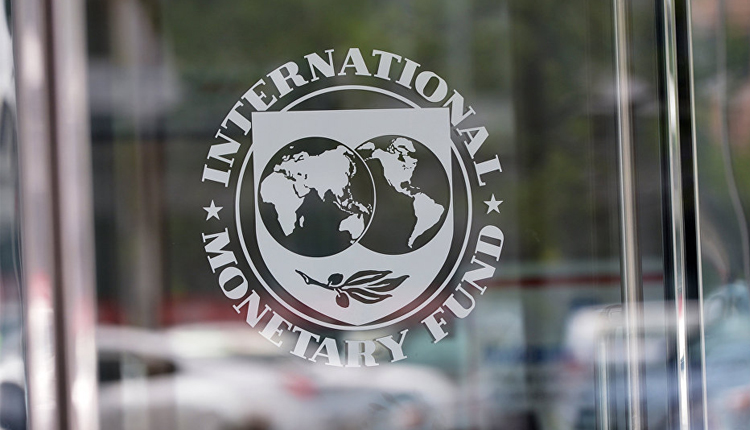
Egypt expects to reach a loan agreement with the IMF by mid-December after talks this month focusing on limiting the budget deficit and a minimum level for its foreign reserves, the finance minister said on Wednesday.
He also said the Cabinet had on Wednesday approved a new 10 percent tax on major transactions on the Egyptian stock exchange, including initial public offerings (IPOs). The president said in August there would be no new taxes.
Momtaz al-Saeed said that the new tax was still being drafted and would have to be approved by the president or by parliament if one is elected in time. Parliament was dissolved this year after the voting method was challenged.
"Taxes will be imposed on gains achieved on each IPO for the first time and a tax on acquisitions if the deal exceeds 33 percent of the company's capital or shareholder rights," the finance minister said. He did not give a timeframe for the new tax.
An International Monetary Fund technical team has been in Cairo since 31 October to negotiate a US$4.8 billion loan that Egypt asked for to shore up finances hammered by last year's popular uprising. The talks are expected to last two weeks.
"The talks with the IMF technical team have been extremely positive," the finance minister told reporters.
Speaking after a Cabinet meeting, he said he expected the technical team to present the results of the negotiations to the IMF's board in mid-November for final approval by mid-December.
The talks have focused on putting a limit on the budget deficit for this fiscal year that began July, after the shortfall climbed to 11 percent of gross domestic product in 2011/12, he said.
Talks also covered reducing public debt to about 65 to 70 percent of GDP by 2016/17 and setting a limit for reserves that stand at $15.5 billion, he added. Egypt has spent more than $20 billion supporting the currency since Hosni Mubarak was ousted.
Analysts say placing a minimum level on reserves could be an indirect way of forcing Egypt to allow its currency to weaken.
The Egyptian pound has fallen by less than 5 percent since January 2011 even though political turmoil chased away tourists and investors, two key foreign exchange sources. The currency has been propped up by central bank intervention.
At current levels, Egypt has the reserves to cover the equivalent of about 3.2 months of merchandise imports, seen as the borderline of safety, according to a note by EFG Hermes.
Investors would see an IMF deal as a seal of approval and proof the government is serious about reining in subsidies, particularly on fuel, and other steps. But some worry the government may be swayed not to act by popular pressure.
"It is now a political question of does President Morsy have the guts and power to take the unpopular decisions to announce the cut in subsidies … (and) will the Central Bank of Egypt allow or let the pound float more freely," said Osama Mourad of Arab Finance Brokerage.
"Both are necessary measures but unpopular measures."



